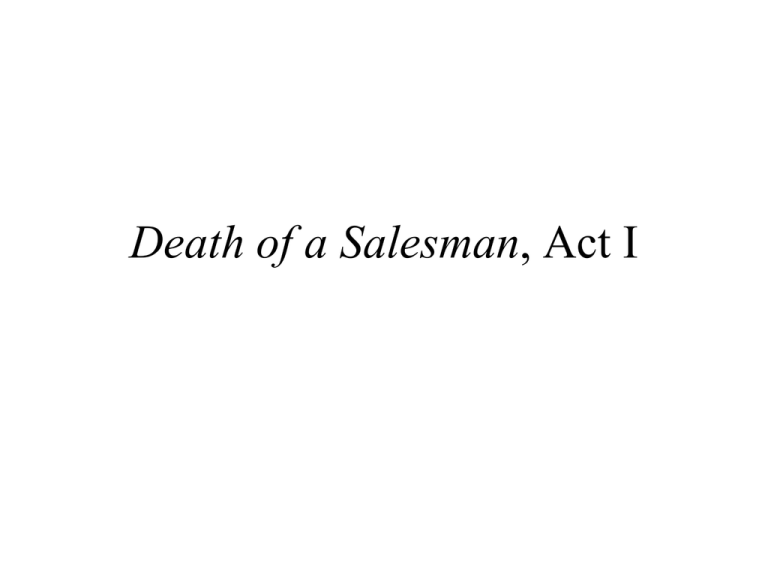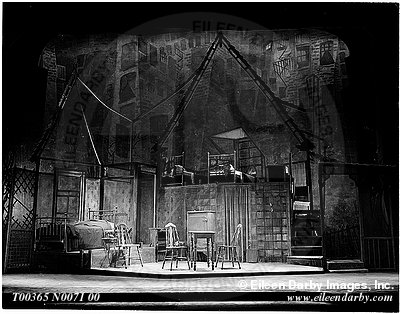


He simply wants to end their relationship in a dignified way. But he’s willing to forgive Willy for making this grave mistake while Biff was in his youth. He doesn’t want a desk, but the exact opposite: To work outside, in the open air, with his hands. He has realized, that all his life, he has tried to become something that he doesn’t really want to be and that becoming this something (a prosperous businessman) was a (for him) unreachable goal that was only put into his mind by his father (p.105). He doesn’t want to leave with another fight, he wants to make peace with his father and tell him goodbye in a friendly manner. But he ignores this knowledge which he carries in himself and goes on with his plan.Īfter this scene, Biff, who has decided to totally sever the ties with his parents, has an “abrupt conversation” (p.99) with Willy. This obviously indicates that he himself also thinks that it’s very probable that Biff will hate him even more for doing it, as the presence of “Ben”, a man whom he greatly admires for being a successful businessman, is a product of his own mind.

His imagined dialogue partner tells him that Biff will consider the impending act one of cowardice. Maybe he has forgotten that the “old buyers” have already died of old age. Although perhaps this wrong foretelling could be attributed to senility, rather than his typical self-deception. Yet as was to be expected, this is not what happens, none of the people he sold to come. But even here in one of his last moments, while having a conversation with a ghost from the past, he continues to lie to himself by saying that his funeral will be a big event, and that there will be guests from all over his former working territory in attendance. He does it primarily because he thinks that the life insurance payout will allow Biff to come to something, so that at least one of the Lomans will fulfill his unrealistic dream of great wealth and success. Not only out of desperation because he just lost his job, with which he was hardly earning enough to pay ordinary expenses at the end. On the last few pages of the play, Willy finally decides to take his own life ( and ).


 0 kommentar(er)
0 kommentar(er)
